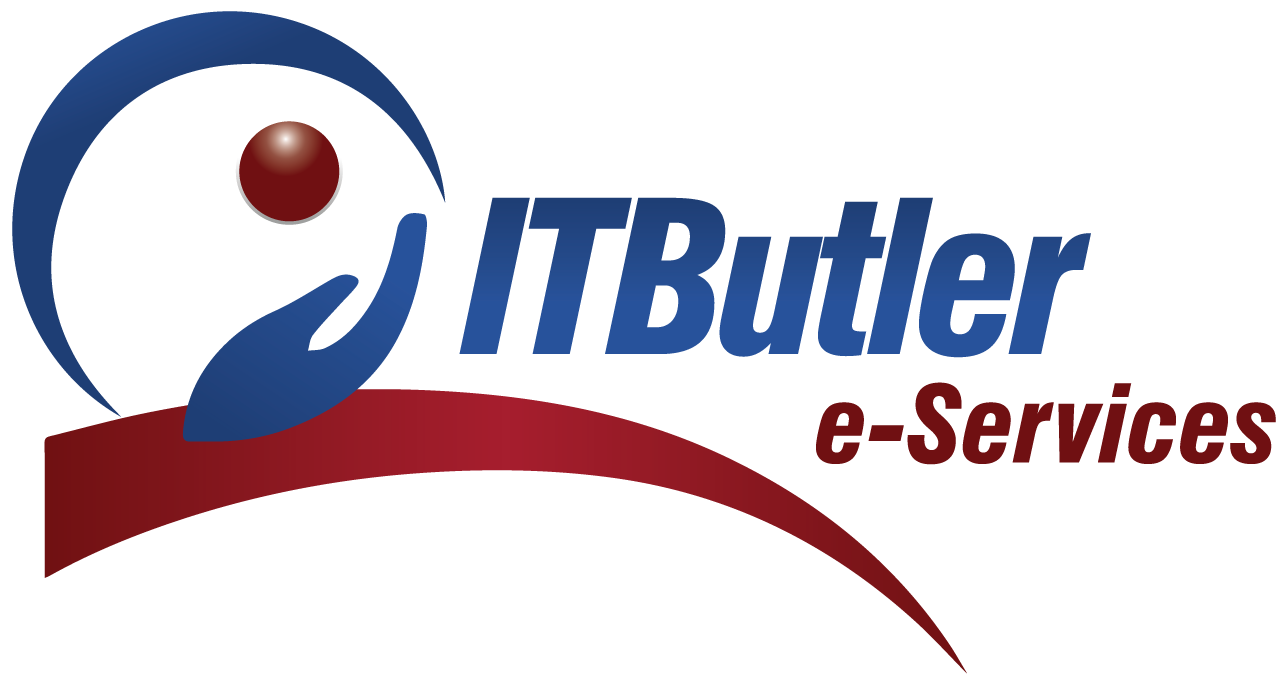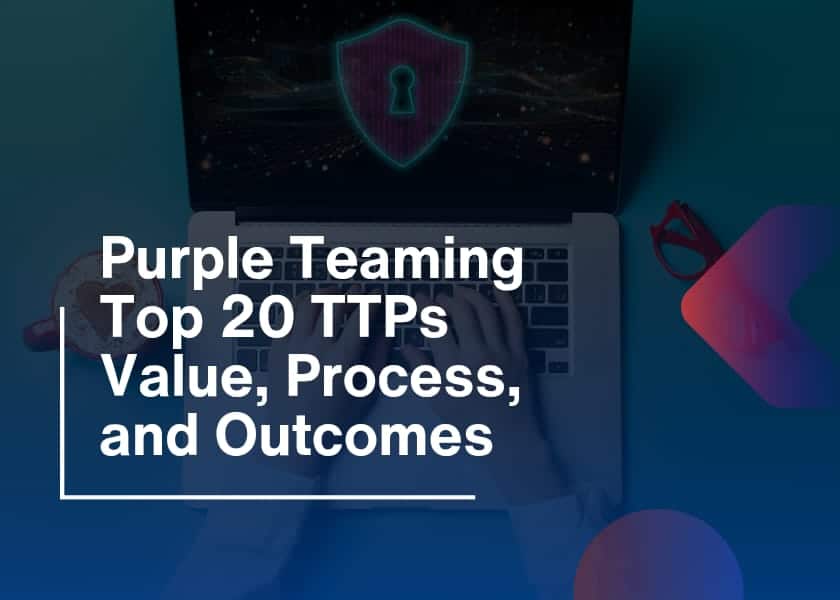Are you following the right rules for cloud security in Saudi Arabia? With cloud adoption rising across every sector in the Kingdom, one important question remains: Are your cloud systems compliant with Saudi regulations? Saudi cloud regulations are no longer just a tech trend, they’re the backbone of digital transformation. From startups to government-backed organizations, everyone is moving their workloads to the cloud.
However, implementing cloud services in the Kingdom comes with its regulatory obligations. That’s where cloud regulations come into play. If your enterprise isn’t aware of or aligned with these frameworks, you are at risk of non-compliance, cyber vulnerabilities, and even legal consequences. In this blog, we’ll explore how Saudi cloud practices shape cloud deployment, influence security policies, and ensure cloud compliance, while also helping you build secure cloud hosting environments.
Why do Saudi Cloud Regulations Matter?
Saudi Arabia operates in the digital sphere through a consciously organized approach. The National Cybersecurity Authority (NCA) under the government has developed different operational frameworks that guarantee secure digital functions.
Saudi regulations function through their two core components known as the Cloud Computing Regulatory Framework (CCRF) together with Cloud Cybersecurity Controls (CCC). The guidelines apply to both cloud service providers and users through their requirements for data residency. In addition their cybersecurity provisions access and control risk, management practices, and business continuity systems.
Saudi Arabian enterprises that store or process their data within Saudi cloud environments must follow these mandatory regulations. By gaining knowledge about these requirements, they will build the necessary foundation for achieving cloud compliance.
Data Localization
Data localization stands as one of the key requirements which cloud regulations tightly regulate. Businesses must locate all their sensitive data to Saudi-based storage facilities particularly when operating within the finance, healthcare and government sectors.
Therefore, organizations must store crucial data within the Saudi Kingdom’s borders, thus enabling the government to gain command over vital information and respond quickly to security breaches. In addition, businesses must select cloud providers who deliver secure cloud hosting services through local Saudi data centers. A data center outside the country for processing sensitive workloads causes risks of non-compliance even when providers maintain excellent security tools.
Choose Compliant Cloud Providers
When selecting a cloud provider, compliance with Saudi regulations should be a key decision-making factor. Whether it’s Amazon Web Services (AWS), Google Cloud, or a local provider like ITButler e-Services, you need to ask:
- Do they operate data centers in Saudi Arabia?
- Are they aligned with the NCA’s Cloud Cybersecurity Controls?
- Do they support compliance documentation?
So, a provider that ticks all these boxes ensures your journey to the cloud is both secure and regulated. Without this alignment, your business could be exposed to hidden risks, even legal action.
Identity and Access Management
Another crucial requirement under cloud regulations is identity and access management (IAM). Only authorized users should be able to access specific datasets or applications, and access rights must be regularly reviewed. That means every employee, contractor, or system with access must be logged, monitored, and controlled. Saudi regulations expect enterprises to adopt principles like:
- Role-based access control
- Multi-factor authentication
- Audit logs for user activities
These IAM rules not only improve security but also help to maintain cloud compliance with national cybersecurity standards.
Cloud Cybersecurity Controls
The Cloud Cybersecurity Controls, introduced by the NCA, outline security measures for cloud service deployment. These controls cover a wide range of areas, including:
- Risk management
- Network security
- Physical security
- Incident response
- Business continuity
- Third-party vendor management
Any cloud service provider or user operating within Saudi Arabia must implement these controls. This ensures that both public and private sector data remain protected in secure cloud hosting environments.
Encryption and Secure Data Handling
Handling sensitive data requires more than just a secure password. Saudi cloud regulations highlight end-to-end encryption, ensuring that data is protected both in transit and at rest. Whether it’s health records, financial transactions, or national ID details, encrypted data ensures that even if there’s a breach, the contents remain unreadable.
So, organizations must also define encryption policies and key management protocols. These need to be documented, regularly reviewed, and in line with cloud compliance regulations.

Continuous Monitoring and Incident Response
Real-time monitoring of your cloud infrastructure is a need, not a luxury. Saudi regulatory frameworks require enterprises to have systems that detect and respond to threats as they arise.
It’s not just about prevention, it’s about visibility. You need to know when something goes wrong, what is affected, and how to respond. The NCA also requires organizations to have documented incident response plans, tested periodically. Quick reaction time isn’t just good practice, it’s a regulatory expectation.
Compliance Audits
Regulations don’t stop at setting guidelines, they also require proof. Enterprises must regularly audit their cloud infrastructure and maintain evidence of compliance. This involves:
- Maintaining updated records
- Submitting security reports when requested
- Demonstrating the enforcement of controls
Without these practices, your organization could fall short of cloud compliance, even if your systems are technically secure.
Vendor Management
Many businesses use multiple vendors and cloud services. But Saudi law doesn’t just hold your vendors accountable, it holds you accountable for your vendors. So, you must evaluate third-party providers to ensure they meet security standards and are aware of cloud regulations. Contracts should include clauses about compliance, security audits, and data handling practices. The goal is to ensure your vendors don’t become an entry point for cyber threats.
Business Continuity and Disaster Recovery Planning
Cloud outages, cyberattacks, or natural disasters can disrupt business operations. Saudi regulations require companies to be ready with business continuity and disaster recovery (BC/DR) plans.
These plans must include:
- Recovery Time Objectives (RTOs)
- Recovery Point Objectives (RPOs)
- Testing of backup systems
- Documentation of recovery procedures
These are not just IT exercises, they are requirements under cloud compliance regulations in the Kingdom.
Proper Personnel Training
Cloud security presents both a technological test and a human responsibility that requires attention for effective outcomes. The Saudi regulatory body acknowledges employee behavioral aspects in protecting cybersecurity, thus enforcing continuous worker education requirements.
All personnel need to understand security guidelines as well as protection against phishing attacks and they should follow best password practices and know when to report security issues. Therefore, organizations should create records for training programs along with implementing cybersecurity awareness as a standard cultural practice in the workplace.
An organization reaches peak secure cloud hosting performance when its personnel receive complete information about its security structure.
Future-Proofing Your Cloud Deployment
Technology advances at a fast speed so Saudi cloud regulations will probably undergo corresponding changes. The NCA alongside CITC and other relevant authorities must be checked by businesses regarding their regulatory announcements.
Planned cloud deployments for the future must integrate features of scalability and flexibility, and compliance. You should collaborate with regulatory-compliant service providers and obtain solutions that support automation functions and risk evaluations while supplying real-time reporting tools. Furthermore, present-day compliance efforts will protect your business to reach its expansion objectives in the future.
Conclusion
Saudi cloud regulations protect both data and establish trust relations as well as operational resilience for the nation’s digital transformation development. Therefore, future success is secured through Saudi cloud regulation implementation which benefits your infrastructure defense systems and reputation development.
So, the entire execution of your cloud plan needs to operate according to regulatory standards, from cloud compliance checks to secure cloud hosting. Consequently, your business operation will grow without limitations because security and compliance enable innovative practices.





